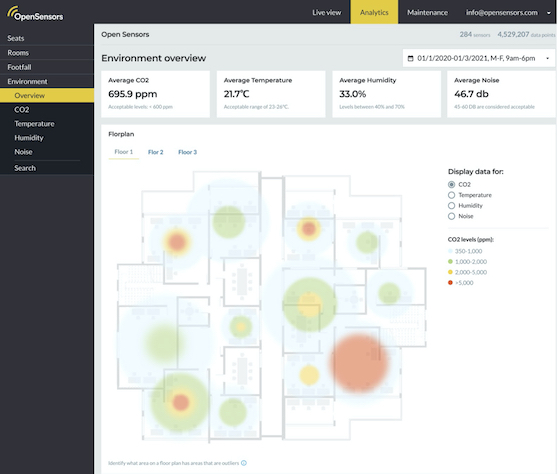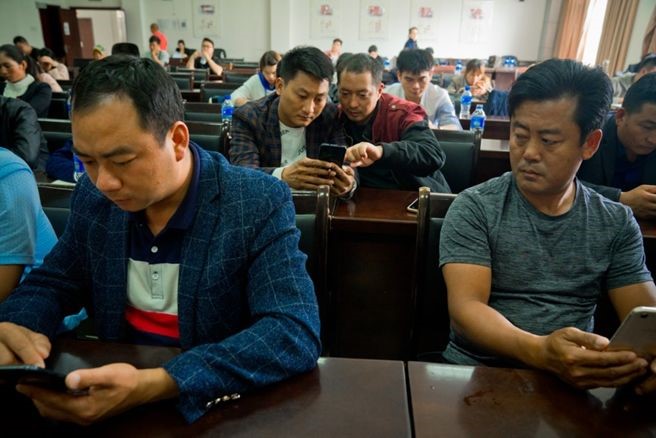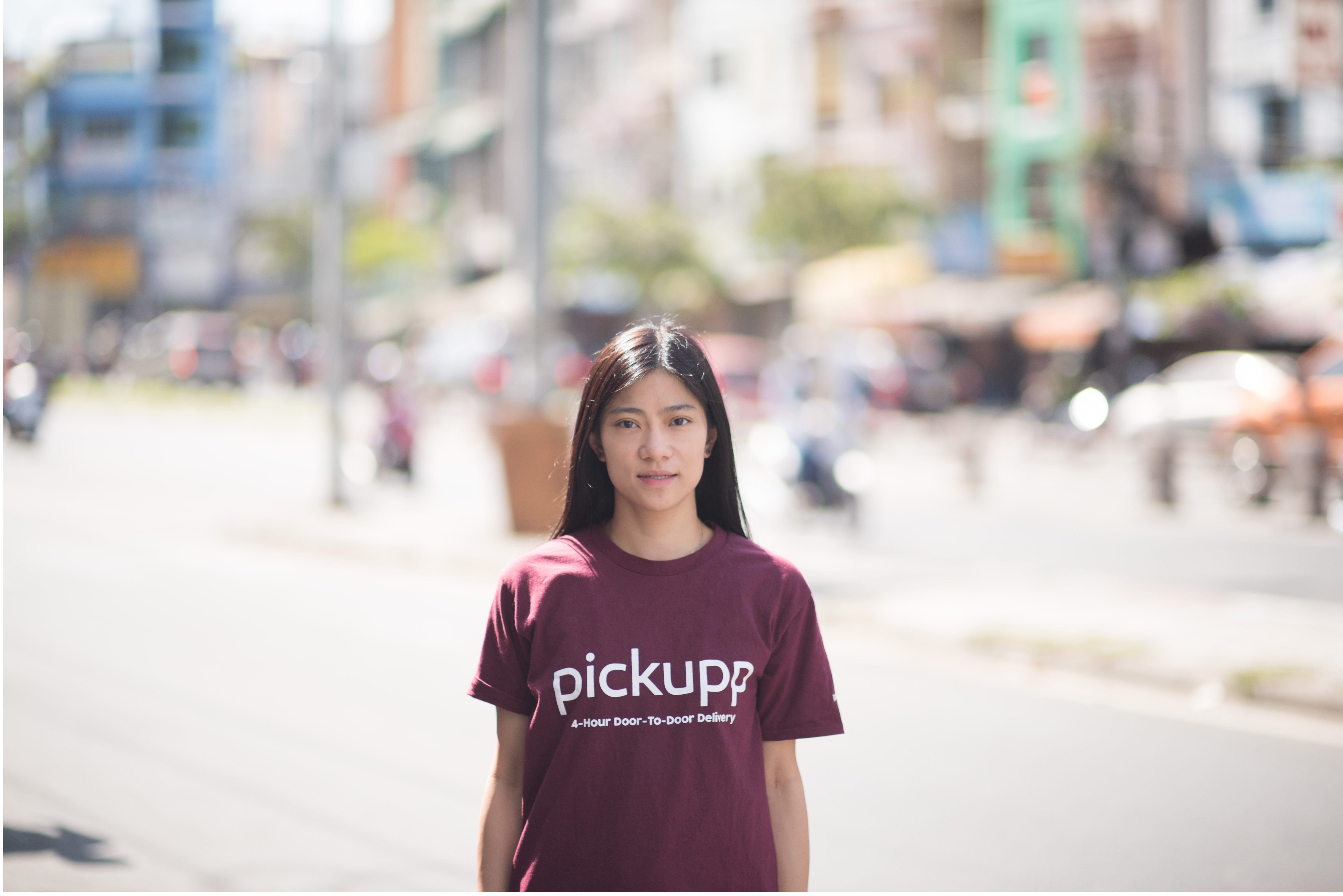News: OpenSensors secures $4M for air-monitoring platform which allows offices to be more Covid-safe
Today, the acute asthma attack of primary school-aged girl in February 2013 was ruled by a UK court to be due to air pollution. It is thought to be the first ruling of its kind in the world. Only a year after Ella Kissi-Debrah died, another mother also became concerned about the effects of air
Today, the acute asthma attack of primary school-aged girl in February 2013 was ruled by a UK court to be due to air pollution. It is thought to be the first ruling of its kind in the world. Only a year after Ella Kissi-Debrah died, another mother also became concerned about the effects of air quality on her daughter’s asthma and decided to do something about it.
Today, Yodit Stanton has secured $4m in seed funding for her air monitoring startup OpenSensors, in a Seed round led by Crane Venture Partners and other unnamed investors. The startup previously bootstrapped the company prior to the round, supported by customer revenues.
OpenSensors, uses sensors to monitor air quality and light intensity, but it’s the data platform that is the real ‘special source’. The startup’s technology works to reveal workplace and workforce conditions and patterns. It competes with companies like Condecco and Workplace Fabric, but takes a more ‘360 degree’ approach.
It now has more than 30 customers with complex real estate operations across North America, Ireland, UK and Europe, in industries such as Insurance, Finance, Tech and more.

OpenSensors
Building costs are the 2nd highest expense for organizations, with office costs over £20bn per year in the UK, but even in normal, pre-pandemic times, half of that office space is unused at any point during the day and only reaches 55% peak utilization. Buildings also represent 36% of global energy usage & 39% of CO2 emissions. OpenSensors tracks humidity, CO2 levels, and more to guide on the optimal capacity to reduce viral transmission, thus enabling companies to return their workforces to offices safely.
Stanton commented: “How we work and live are changing faster than we could have ever anticipated. There is a real opportunity for humanity to rethink how we use the physical world with sustainability in mind as well as making the design of workplaces better for people using them.”
Scott Sage, Partner at Crane Venture Partners said: “With data insights, real-world usage and known customer references, OpenSensors has all the ingredients to become a trusted advisor and solutions provider throughout COVID-19 and the immediate recovery, as well as supporting the shift towards more flexible working that COVID-19 has accelerated.”
Speaking exclusively to TechCrunch, Stanton, who also founded and runs the UK’s Women In Data event, said: “Initially it just started as a fun hobby project. I was playing around with IoT as in my daughter has asthma, so I was monitoring air quality up in our neighborhood to try to see if I can correlate the particulates spikes and so forth with her asthma attacks. I released it as a project for my community to monitor air quality. But it became, I guess a real thing when people asked if I could manage their buildings.”
She said that low humidity encourages virus transmission: “So you really have to aim for around 40% humidity within an indoor environment and dry air also affects your immune system as an individual.”
This means that monitoring air quality has become a huge issue for companies. So it unsurprising that VCs are now backing air-quality startups like OpenSensors.




